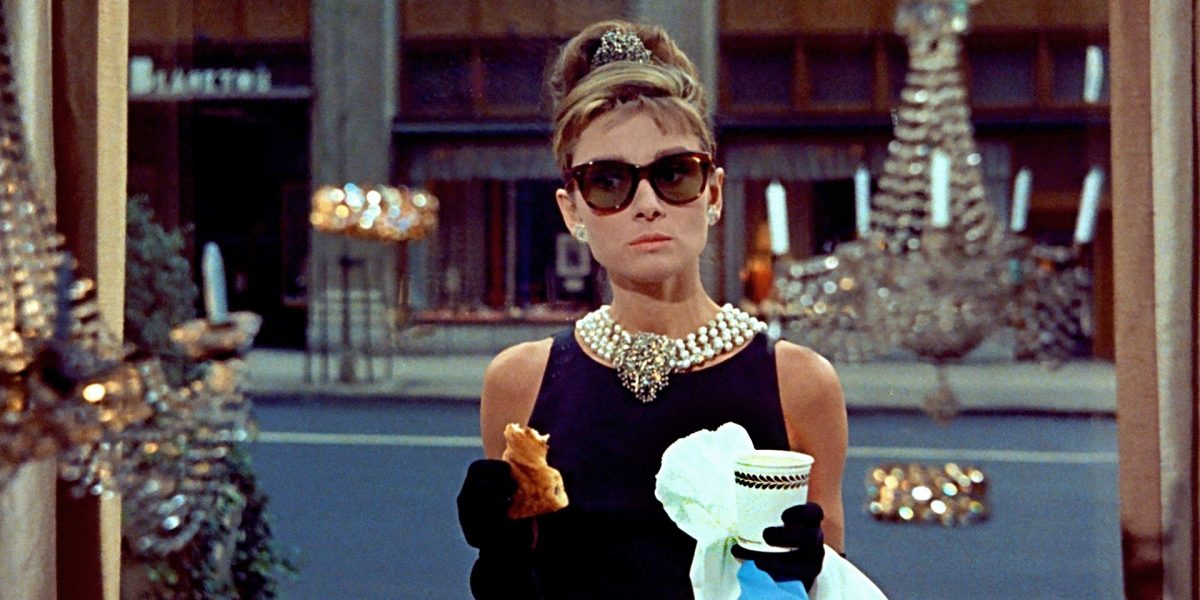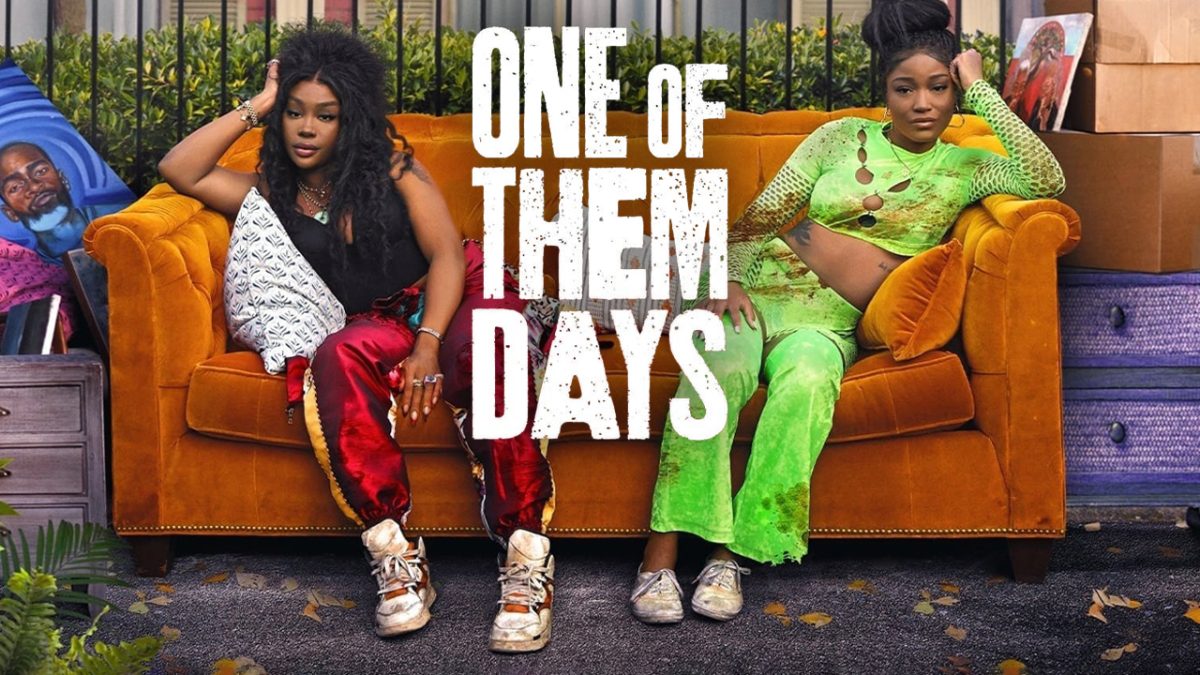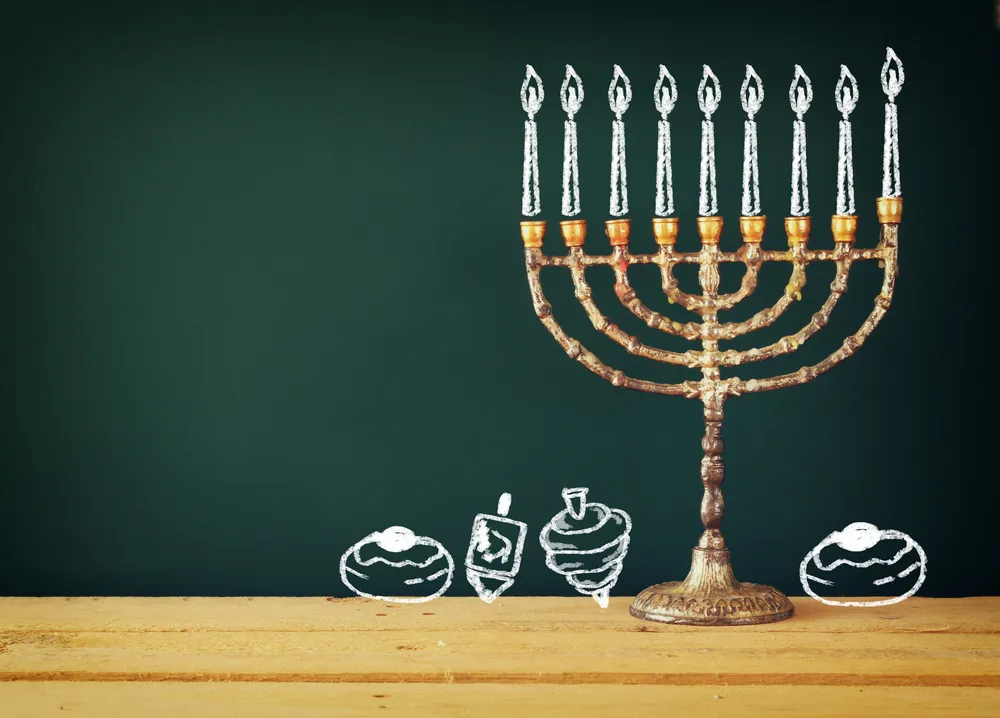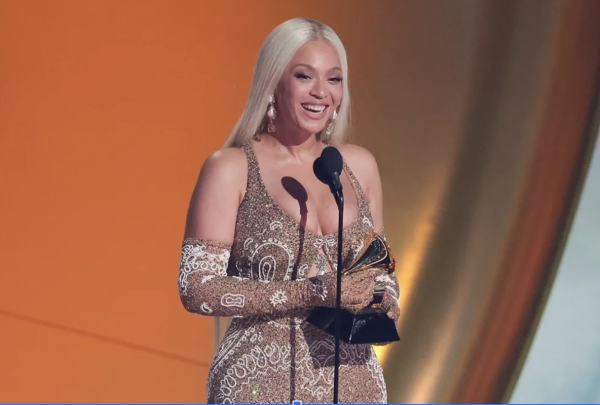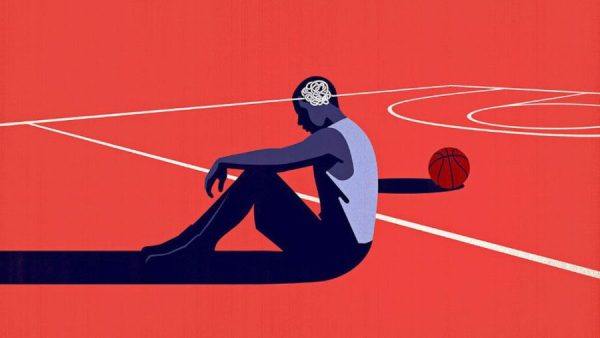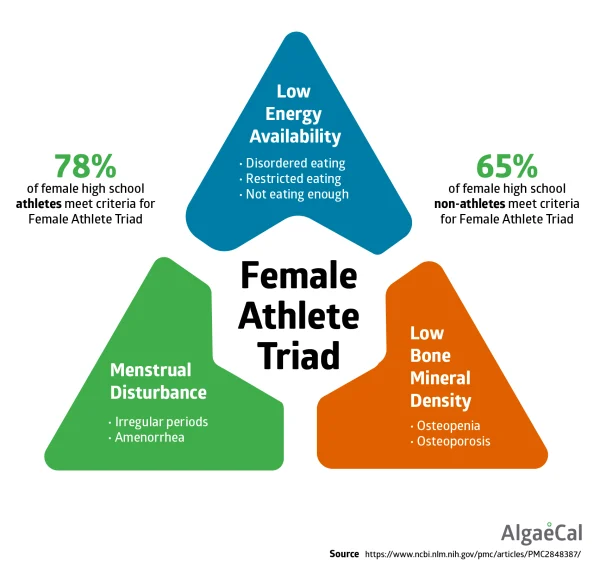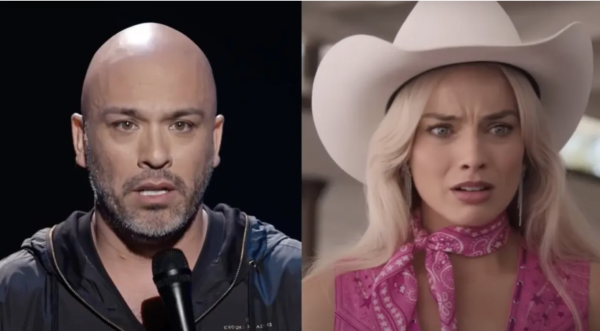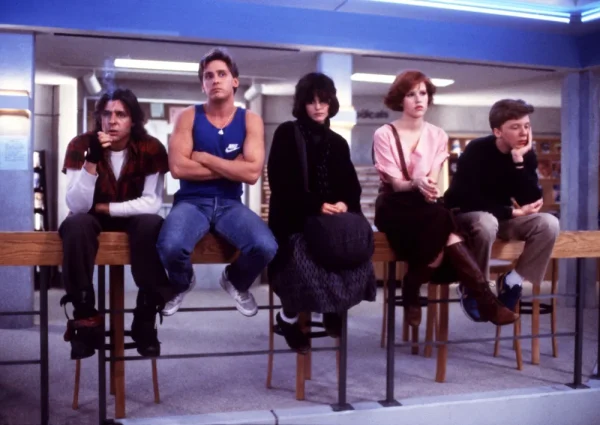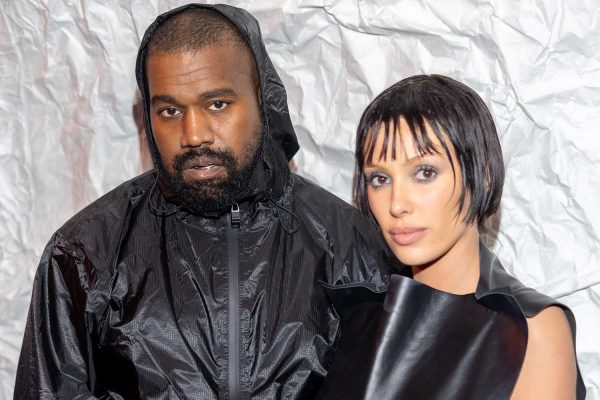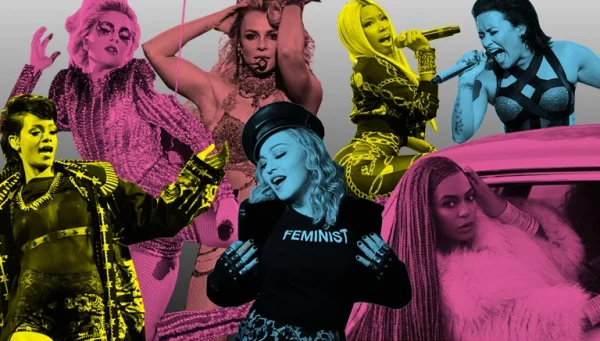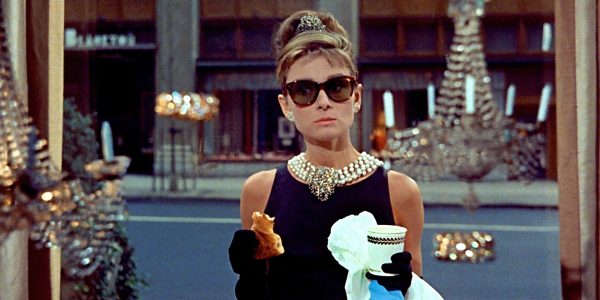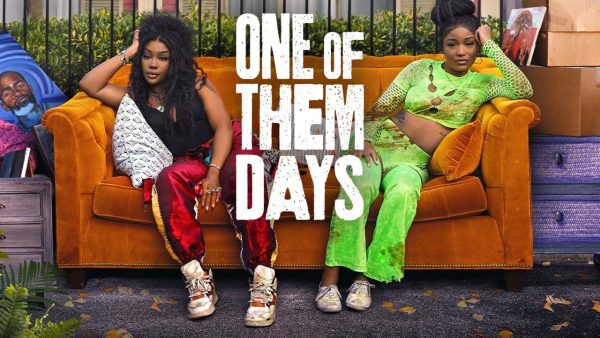Why Does Everyone Love Euphoria?
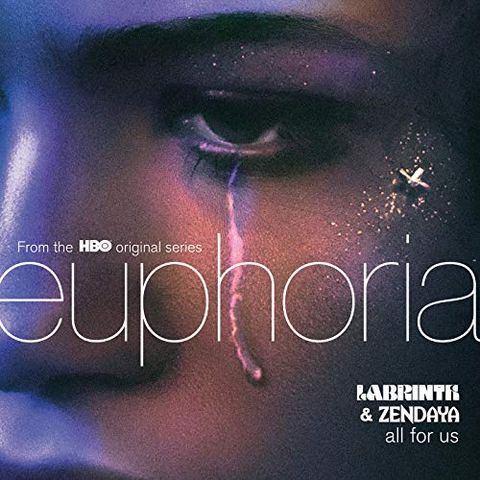
Teen dramas will always have a special place on television. From Degrassi to Glee to Gossip Girl, everyone loves to hear about teenagers acting fools in small towns or big cities. Sam Levinson’s 2019 HBO drama Euphoria has taken over like none other, skyrocketing to 2.4 million viewers for its season 2 premiere. But why?
That’s what we are here to explore.
The first thing to ask ourselves is- who came up with this? Few of us know that the Euphoria is an American adaptation of the 2012 Israeli miniseries created by Ron Leshem and Daphna Levin. None of the Israeli production characters exist as exact counterparts but mirror one another in their archetypes.
When the show first came out in 2019, I watched it and thought, “none of this could ever possibly be true… it’s just not realistic in the slightest.” Now, as a senior in high school in 2022, I watch and see the experiences of so many of my friends played out on screen.
No, I do not know anyone in a Narcotics Anonymous group; no, I do not know anyone in the adult industry. No, I do not know anyone who’s left their best friend on a train platform, but there is one thing I do know. I know their emotional truth- the most critical aspect of Euphoria.
Although the show heavily relies on the sensationalization of drugs, sex, and violence through its beautiful soundtrack and cinematography, Levinson and cinematographer Marcell Rev use those elements to convey deeply relatable emotions even in ridiculous situations. As characters do things that I would never do, I’m still able to understand their motivations, fears, thoughts and see a part of myself in them.
The characters of Euphoria exist on the extreme side of what being a teenager is like. Still, they capture the feelings that even the most introverted and conservative teens experience. This makes the show feel like a safe space for all kinds of people.
Unlike most teen dramas, Euphoria does not have a true antagonist. Although Nate Jacobs, played by Jacob Elordi, may fit the mold in many respects, Levinson intentionally shows us how he was raised shapes his actions. Nate cannot be a full antagonist once we see that he is hurt inside, just as much as all the other characters.
Our narrator and star Rue, played by Zendaya Coleman, is not always seen as the traditional protagonist. Instead, she lies to her friends (and the audience), hurts herself, and has a general disregard for those around her, only the desire to destroy and numb herself.
These feelings are shown through drug abuse. Although most teenagers cannot relate to that physically, they understand the emotional damage of growing up that can lead to acts of self-destruction. So they relate to Rue’s emptiness and depression without ever coming close to physically being like her.
I believe that Euphoria is a good show that shares growing up through a magical realism lens. However, suppose I was any younger watching this program. In that case, I think it would be difficult for me to decipher between what is real and fake, right and wrong, or beautiful and damaging. Still, in fact, the blurred lines keep the show so entertaining.













































